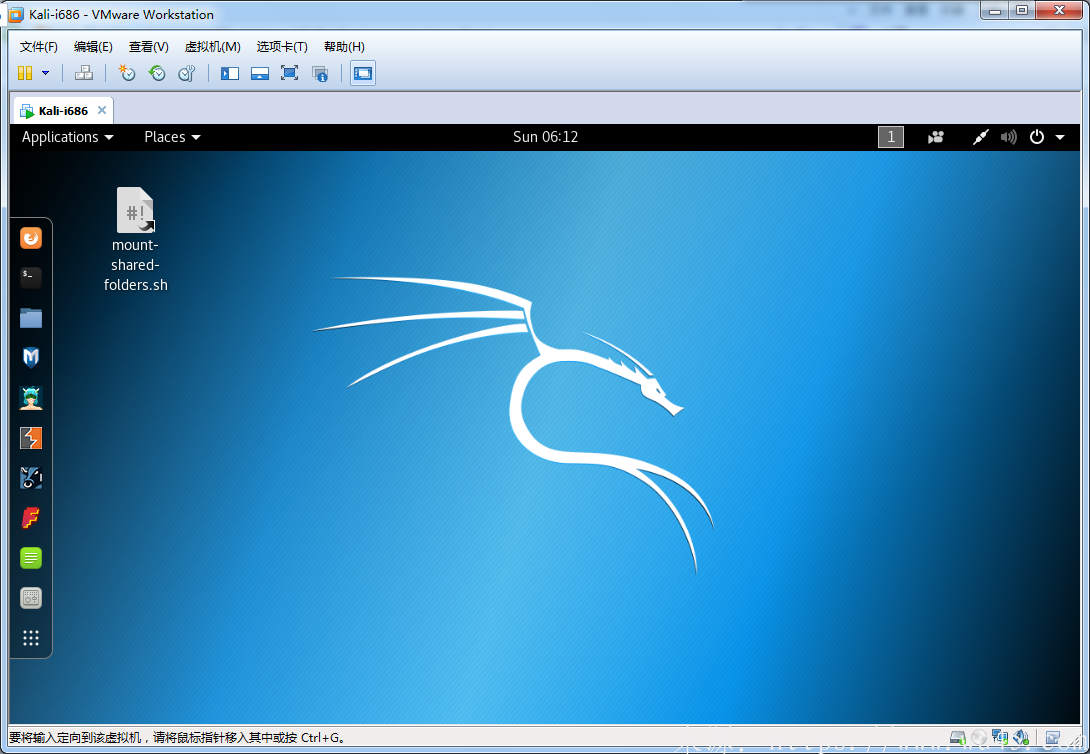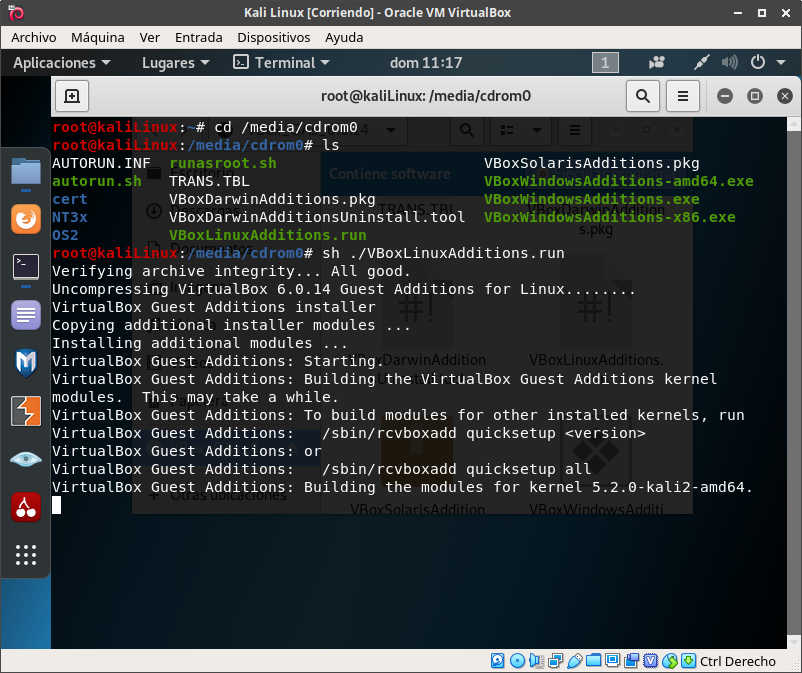
The distribution includes hundreds of different tools that can be used for a wide range of security testing and auditing tasks, including vulnerability scanning, password cracking, network analysis, and much more. One of the key features of Kali Linux is its extensive collection of penetration testing tools. Today, Kali Linux is widely regarded as the leading penetration testing and security auditing distribution, with a large and active community of developers and users. The distribution has been continuously refined and improved, with new tools and features being added regularly. Since its release, Kali Linux has undergone several major revisions and updates.

Kali Linux was designed to be more streamlined, more user-friendly, and more powerful than BackTrack. In 2013, the creators of BackTrack announced that they would be discontinuing the distribution and replacing it with a new distribution called Kali Linux. BackTrack was designed as a live CD that could be used for security testing and penetration testing, and it quickly gained popularity within the security community.

The history of Kali Linux can be traced back to a Linux distribution called BackTrack, which was first released in 2006.

It was first released in 2013 and has since become one of the most popular and widely-used penetration testing distributions in the world. Kali Linux is a Debian-based Linux distribution that is specifically designed for advanced penetration testing and security auditing.


 0 kommentar(er)
0 kommentar(er)
